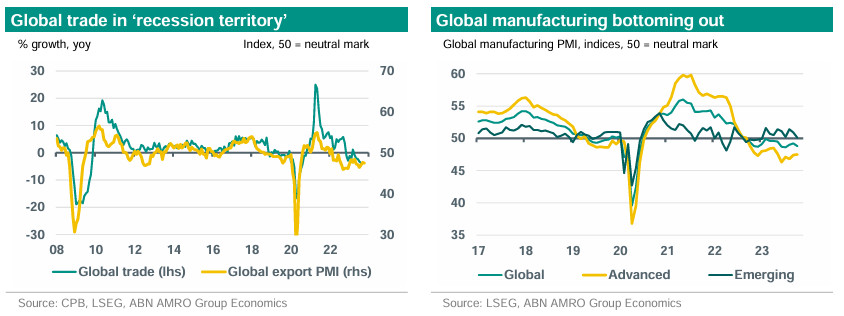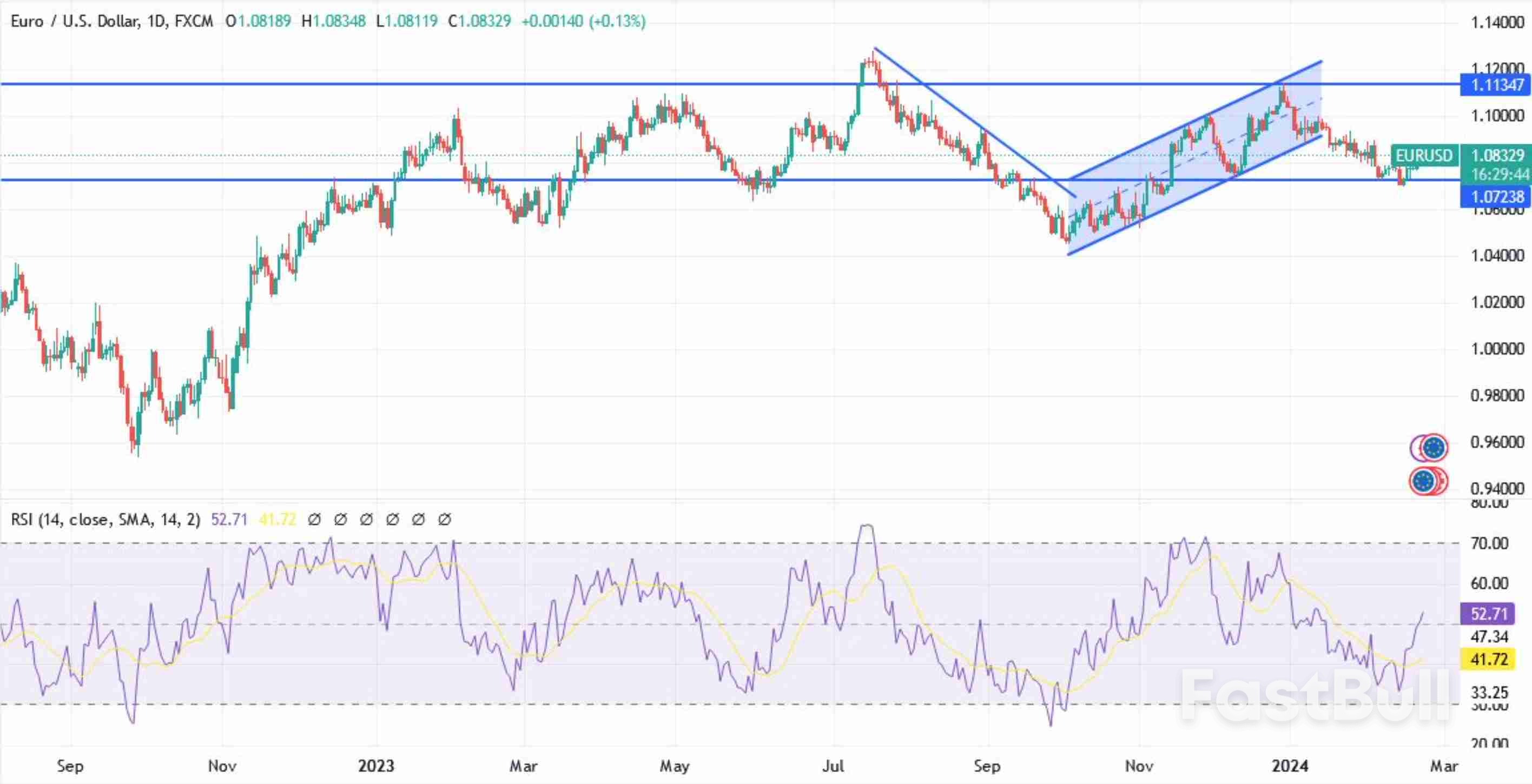Reopening The Dreyfus Case: Lawmakers Seek Posthumous Promotion

Table of Contents
The Dreyfus Affair: A Recap of the Injustice
The Dreyfus Affair remains one of history's most notorious examples of antisemitism and judicial error. Alfred Dreyfus, a captain in the French army, was falsely accused of leaking military secrets to Germany. Despite a lack of concrete evidence, the military, fueled by rampant antisemitism, convicted him based on forged documents and prejudiced testimony. His subsequent degradation, imprisonment on Devil's Island, and exile represent a shocking miscarriage of justice. The case exposed deep-seated anti-Jewish sentiment within French society and the military establishment. Key figures like Émile Zola, with his powerful "J'accuse" letter, and Dreyfus's brother, Mathieu Dreyfus, played crucial roles in exposing the truth and fighting for his exoneration.
- False accusations of treason: The charges were based on flimsy evidence and manipulated handwriting analysis.
- Military cover-up: The army actively worked to suppress evidence of Dreyfus's innocence and protect its reputation.
- Zola's "J'accuse" letter: This open letter, published in L'Aurore, became a rallying cry for Dreyfusards and exposed the corruption at the heart of the case.
- Public outcry and division: The Affair deeply divided French society, with Dreyfusards fighting for justice against anti-Dreyfusards who defended the army's actions.
The Modern Push for Posthumous Promotion: Why Now?
The renewed interest in granting Alfred Dreyfus a posthumous promotion stems from a continued recognition of the profound injustice he suffered and the enduring relevance of the fight against antisemitism. This isn't merely a historical revisitation; it's a statement about contemporary values. Specific lawmakers are championing this initiative, viewing it as a powerful symbol of acknowledging past wrongs and recommitting to fighting prejudice.
- Symbol of fighting antisemitism: The posthumous promotion serves as a potent symbol against antisemitism and all forms of discrimination.
- Addressing historical injustices: It represents a formal acknowledgment of a grave miscarriage of justice and a commitment to rectifying past wrongs.
- Political motivations: While primarily driven by justice, the initiative might also carry political weight, demonstrating a commitment to fighting prejudice within the current political climate.
- Public opinion and support: Growing public support for the posthumous promotion reflects a societal shift towards acknowledging and confronting historical injustices.
Arguments For and Against Posthumous Promotion
Arguments in favor of the promotion overwhelmingly focus on restoring Dreyfus's honor and recognizing the brutal injustice he endured. His wrongful conviction and exile caused immeasurable suffering, and a posthumous promotion would represent a long-overdue act of redress.
- Bullet points (For):
- Restoration of honor and dignity: The promotion would symbolically restore Dreyfus's honor and dignity, which were unjustly stripped from him.
- Recognition of wrongful conviction: It would formally acknowledge the egregious error of the original trial and conviction.
- Symbolic importance in fighting prejudice: The promotion would send a powerful message against antisemitism and intolerance.
However, counterarguments exist. Some might argue that reopening this historical wound could be divisive or that posthumous promotions should be reserved for actions taken during a person's lifetime.
- Bullet points (Against):
- Potential to reopen old wounds: Some may fear that revisiting the Affair could reignite old tensions and divisions.
- Concerns about historical revisionism: Critics might see the promotion as an attempt to rewrite history rather than simply acknowledge a past injustice.
- Political considerations: The decision may be influenced by political maneuvering and strategic calculations.
The Legal and Political Ramifications of a Posthumous Promotion
The legal process for a posthumous promotion would involve navigating existing legislation governing military honors and potentially requiring legislative action. The political ramifications are significant, impacting the military's image and the nation's commitment to combating antisemitism.
- Bullet points:
- Legal precedents for posthumous honors: Examining past instances of posthumous promotions will inform the current effort.
- Political support required: Securing the necessary political support across different parties is crucial for success.
- Public debate and media coverage: The process will inevitably generate significant public debate and media attention.
- Impact on the military's image: The decision could affect how the military is perceived in terms of its historical relationship with antisemitism and its commitment to justice.
Reopening the Dreyfus Case: A Call to Justice
The arguments for a posthumous promotion for Alfred Dreyfus are compelling, emphasizing the need to rectify a historical injustice and affirm a commitment to combating antisemitism. While counterarguments exist, they should not overshadow the overwhelming evidence of Dreyfus's innocence and the profound wrong he suffered. The fight for justice continues. Learn more about the Dreyfus Affair and support the movement to finally grant Alfred Dreyfus the posthumous promotion he deserves. This act would not only honor Dreyfus but also serve as a powerful testament to the ongoing struggle against prejudice and the importance of historical accountability. Let's ensure that the Dreyfus case, a symbol of injustice, becomes a symbol of rectified wrong and a testament to the pursuit of justice.

Featured Posts
-
 Renewed Trade War Concerns Trigger Another Fall In Dutch Stocks
May 25, 2025
Renewed Trade War Concerns Trigger Another Fall In Dutch Stocks
May 25, 2025 -
 Dow Jones Gains Momentum Pmi Data Fuels Steady Ascent
May 25, 2025
Dow Jones Gains Momentum Pmi Data Fuels Steady Ascent
May 25, 2025 -
 Glastonbury 2025 Full Lineup Announced Olivia Rodrigo And The 1975 Headline
May 25, 2025
Glastonbury 2025 Full Lineup Announced Olivia Rodrigo And The 1975 Headline
May 25, 2025 -
 Fujifilm X Half A Fun And Refreshing Camera Experience
May 25, 2025
Fujifilm X Half A Fun And Refreshing Camera Experience
May 25, 2025 -
 Nicki Chapmans Garden Design Inspiration A Chiswick Retreat
May 25, 2025
Nicki Chapmans Garden Design Inspiration A Chiswick Retreat
May 25, 2025
